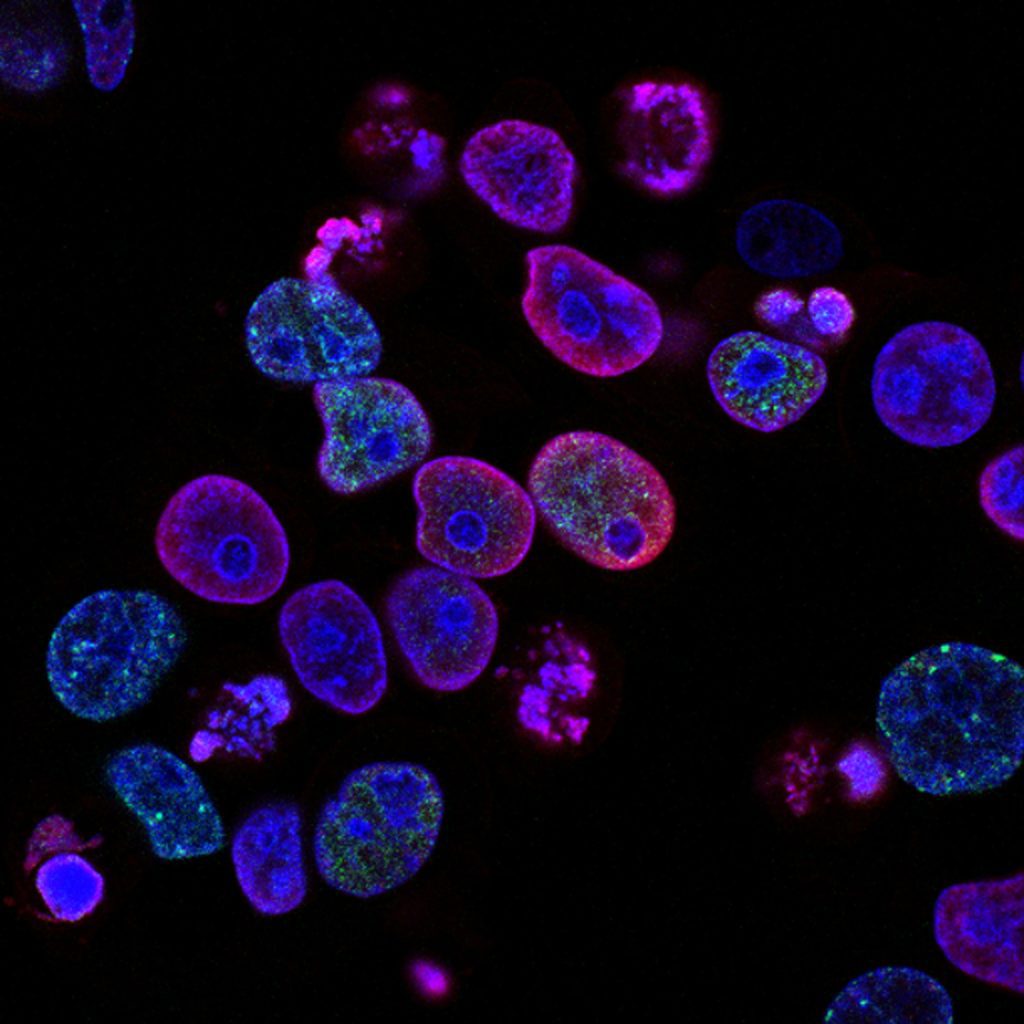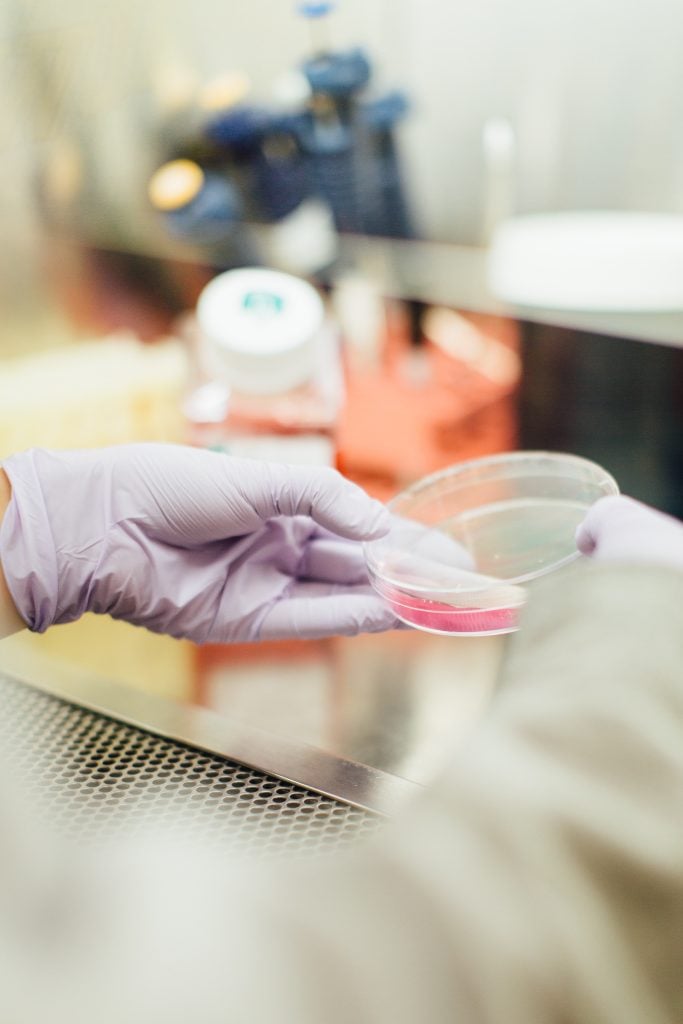Pioneering Cyborg Cells: A New Frontier In Medicine And Disease Treatment
In a groundbreaking development, scientists have created versatile, semi-living “cyborg” cells that hold immense potential to revolutionize medicine. These synthetic cells share several characteristics with living cells, but they do not possess the ability to divide and grow.

This lack of replication is crucial to ensuring that the artificial cells can be controlled effectively, as uncontrolled propagation could lead to undesirable consequences.
The researchers behind this innovation believe that these cyborg cells could have a wide array of applications, ranging from enhancing treatments for diseases like cancer to combating pollution through targeted chemical processes. These cells are programmable, non-dividing, and capable of preserving essential cellular activities while acquiring non-native abilities.
Current cell engineering methods include genetically remodeling existing cells for new functions and constructing synthetic cells from scratch. The novel cyborg cells represent a third approach, wherein bacterial cells are combined with elements from an artificial polymer. Upon exposure to ultraviolet light, the polymer forms a hydrogel matrix by cross-linking, simulating a natural extracellular matrix.

Remarkably, these cyborg cells can perform most of their normal biological functions while exhibiting increased resistance to stressors like high pH levels and antibiotic exposure. Preliminary lab tests on tissue samples have demonstrated that the newly developed cells can infiltrate cancer cells, suggesting their potential in targeted drug delivery and other health treatments in the future.
Although these early results are promising, more research is needed to explore different materials for creating the cells and to determine their possible uses. The exact mechanism that prevents cell replication remains unclear, but the authors speculate that the hydrogel matrix could inhibit cell growth, DNA replication, or both.
